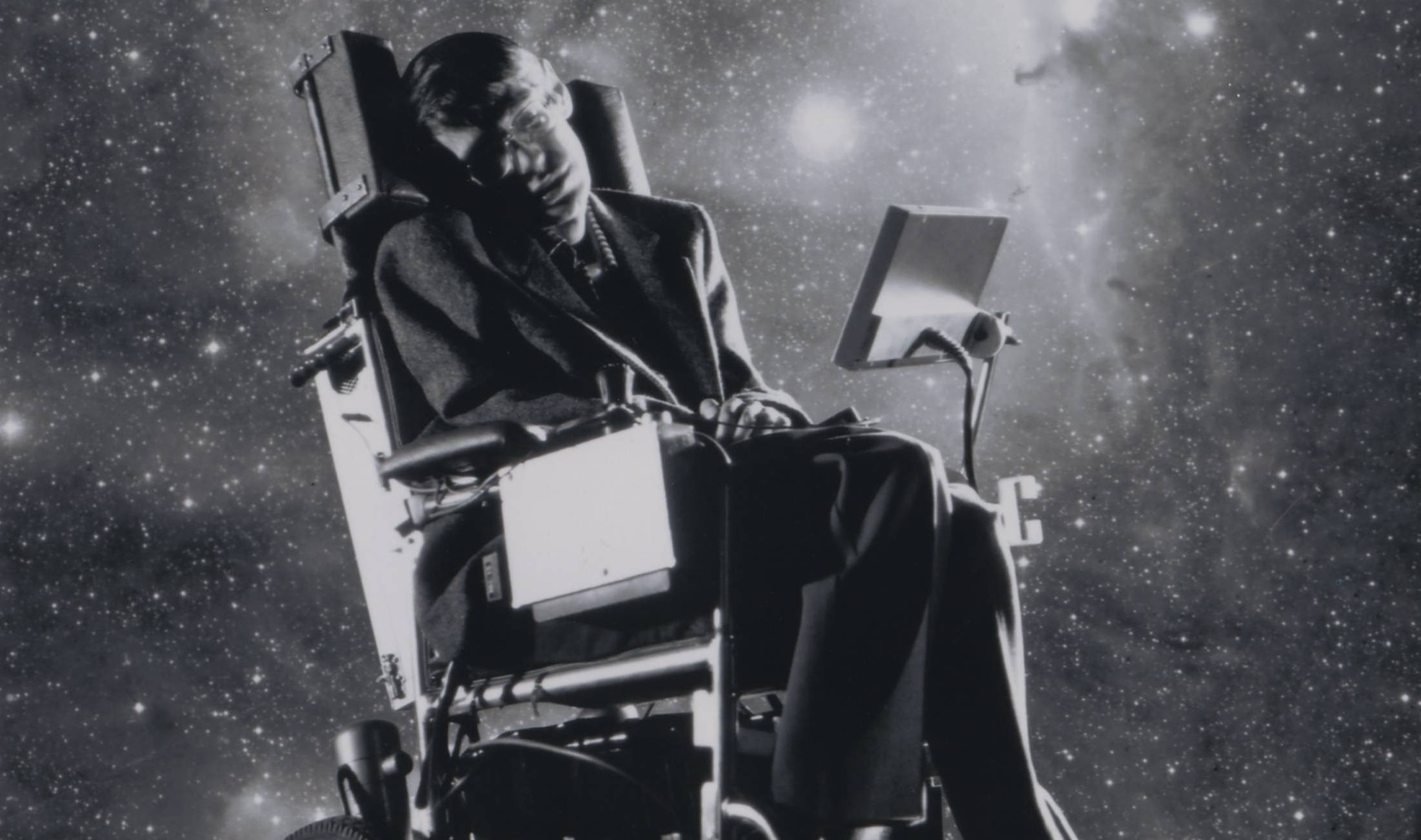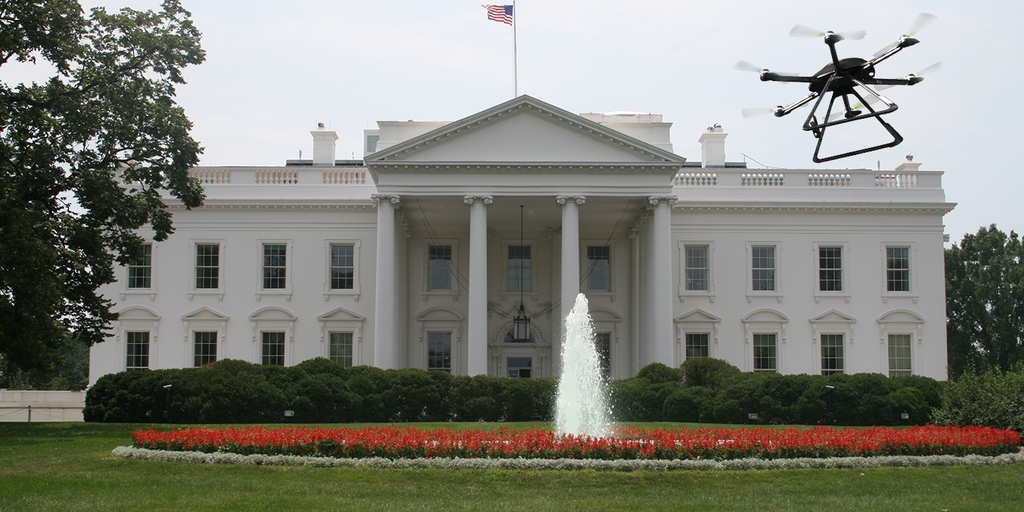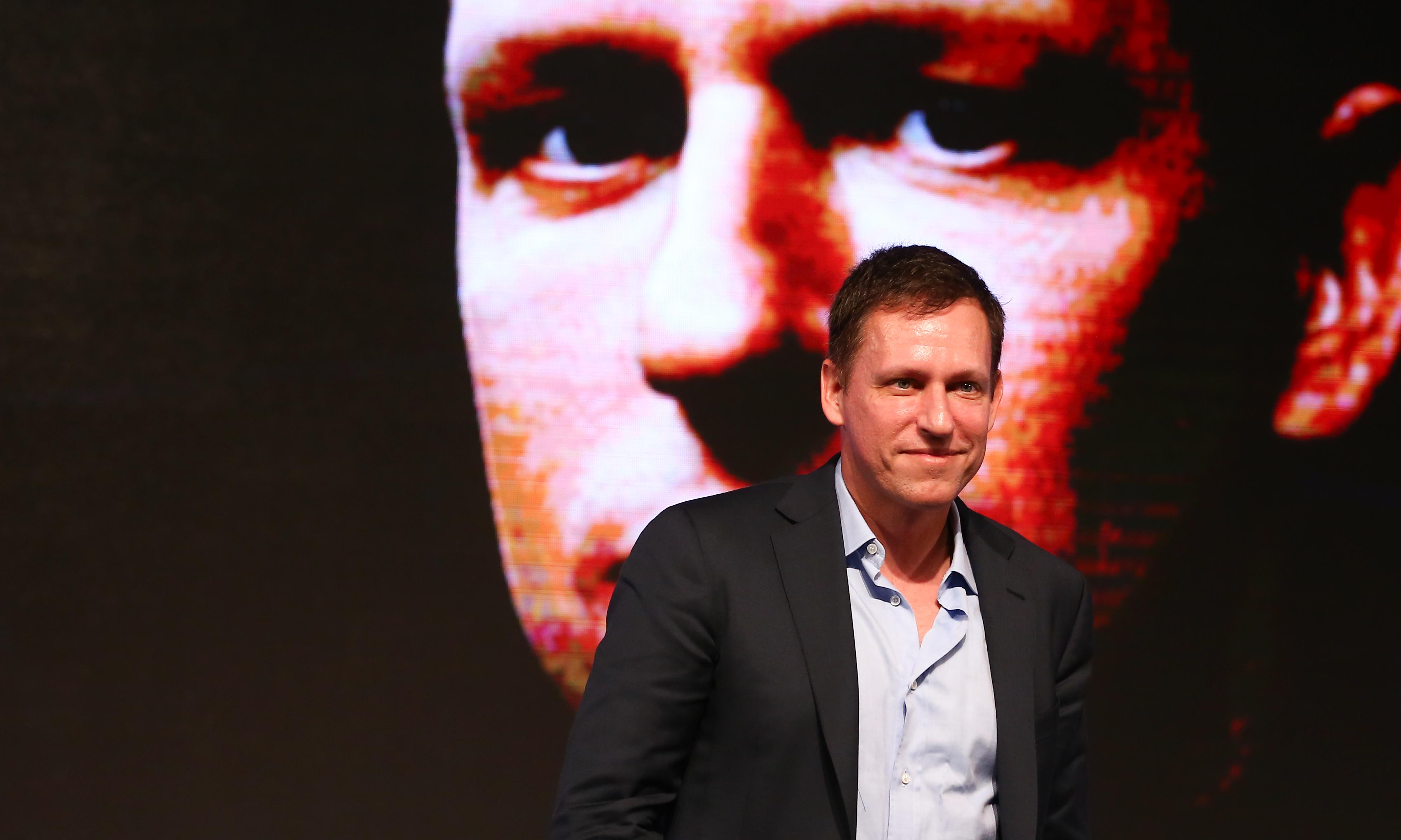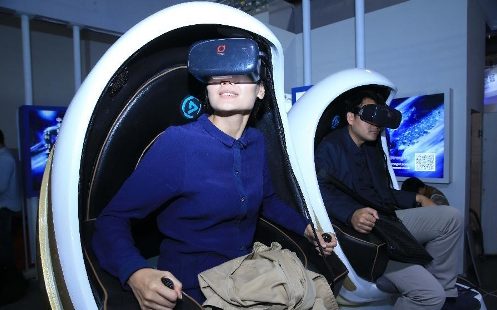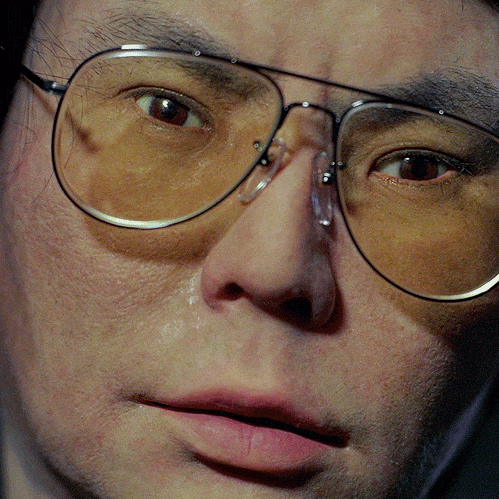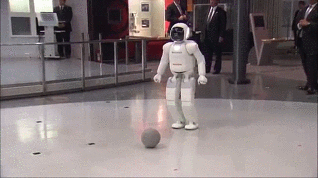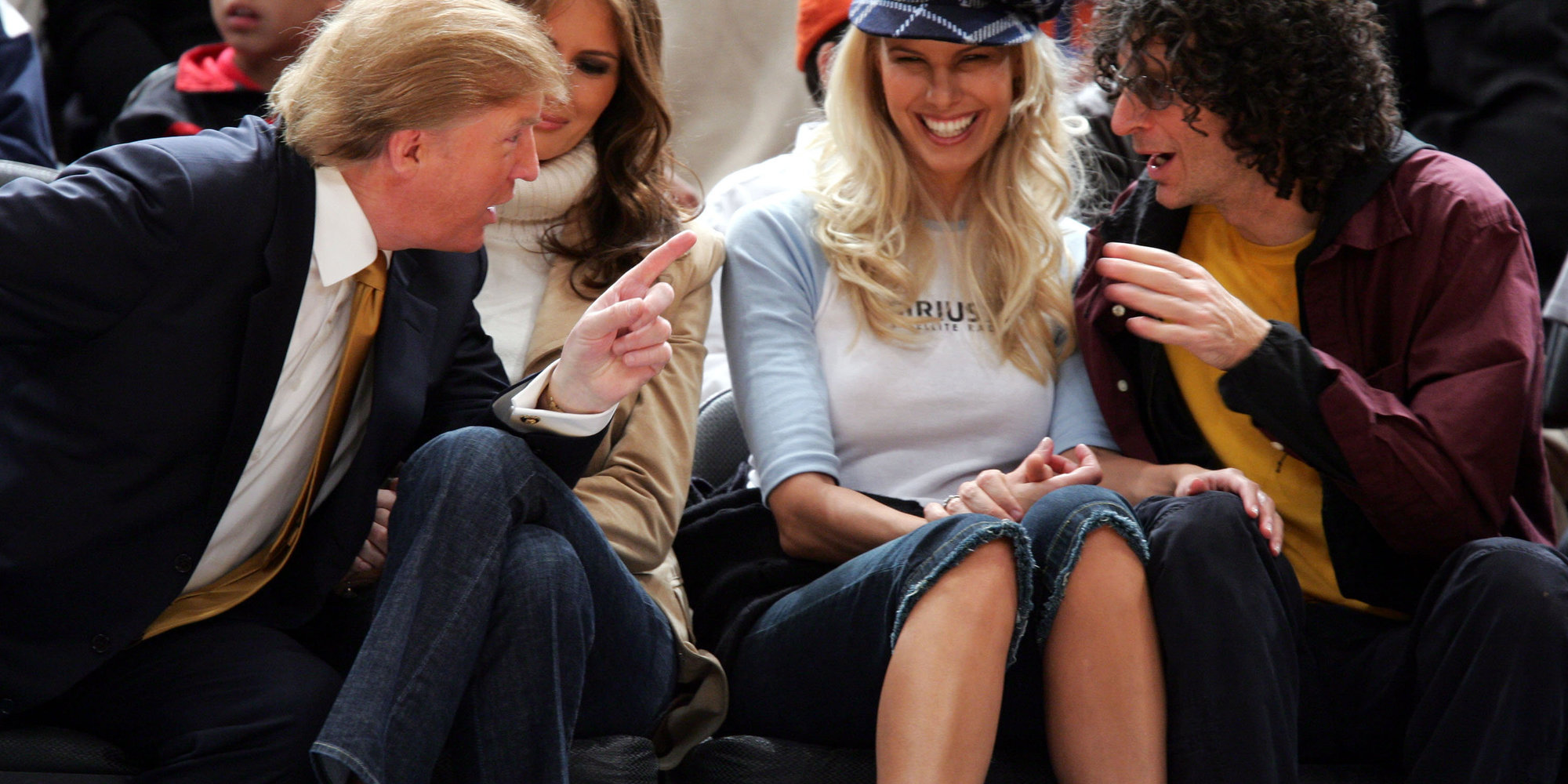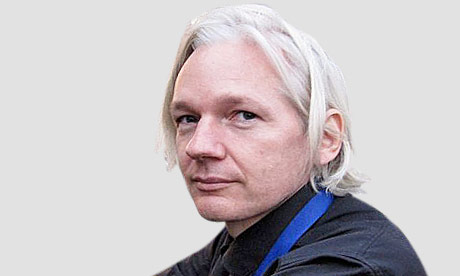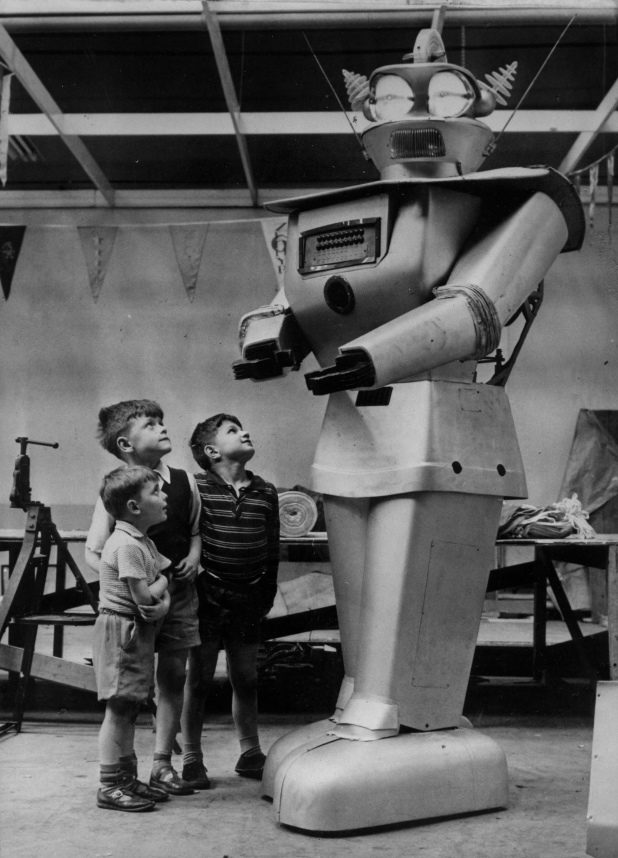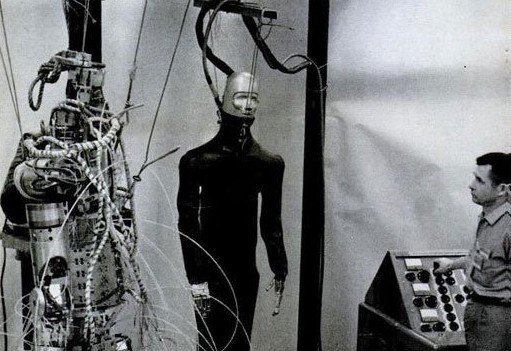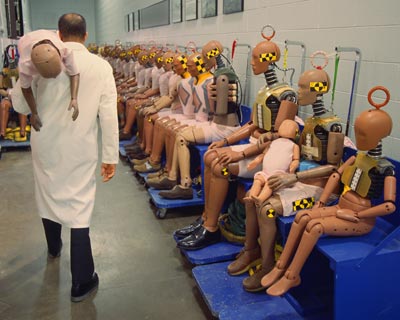Last night’s debate was likely the final ugly stand of the campaign for Donald Trump, the worst American™, the last time he could hector from a national pulpit non-white people and the Constitution itself, with eyes narrowed, fingers pointed, scowl fixed. He was revealed once more in all his damage, bleeding from his wherever, a lucky man who’s been handed everything but feels as if he’s being robbed yet again of what will finally quiet the fury within. But even if Trump, a Berlusconi who dreams of being a Mussolini, is now to be hoisted on Election Day by his feet from a virtual meat hook, he’s already done serious harm to the country.
I don’t mean his coarsening of the dialogue and mood or the undermining of our democracy’s legitimacy, though, of course, those things have weight. As I’ve written before, the real cost of the hideous hotelier is that he’s distracted us at a crucial juncture from vital issues at hand that need addressing to secure America’s future. Vladimir Putin couldn’t have done it better himself, though let’s give him some credit.
In a smart, impassioned Vice “Motherboard” essay, Derek Mead speaks to this same issue. An excerpt:
Climate change is especially important in this regard, as it will exacerbate most of the other ills of our current world, including resource-based conflict, pandemics, extreme weather, and food insecurity. For example, Florida is set to be ravaged by rising seas, including the properties of Donald Trump, who has called climate change a hoax. But rising seas are just one final problem; in the interim, we can expect warming weather to negatively influence everything from hurricanes to the spread of disease, as is potentially the case with Zika (which also didn’t make an appearance in the debates, despite an ongoing funding crisis).
For all the pseudo-talk of the economy in the debates, climate change is already costing us billions of dollars a year, and it is only going to get worse, as even the Pentagon is preparing for.
And despite this endless stream of bad news and heel-dragging from our elected officials, we’re already seeing positive impacts from investment in clean energy and divestment from climate-polluting industries. There’s no better time to push harder on mitigating the worst effects of climate change, which threatens all aspects of our livelihoods. Ignoring the climate for favor of arguing over who’s a stronger leader is simply irresponsible.
Climate may be the largest threat for humanity as a whole, but here in the US, the most immediately pressing one is inequality. Inequality is a problem across all demographic breakdowns—racial, economic, geographic, and so on—and for yet another election, the answer has been summed up with varying shades of the word “jobs.” It’s too late to reverse the tide of globalism, unless we want to turn ourselves into some sort of hermit kingdom, but as the leader of the tech economy, the United States is still in a strong position to shape the world’s economy to our advantage.
This is not a simple truth: As shuffling alliances and developing nations reshape the world order, and as the massive disparity in income and capital in the US mixes with a future economy defined less by ownership and more by timesharing everything, the non-barons among us have a difficult road ahead.•


